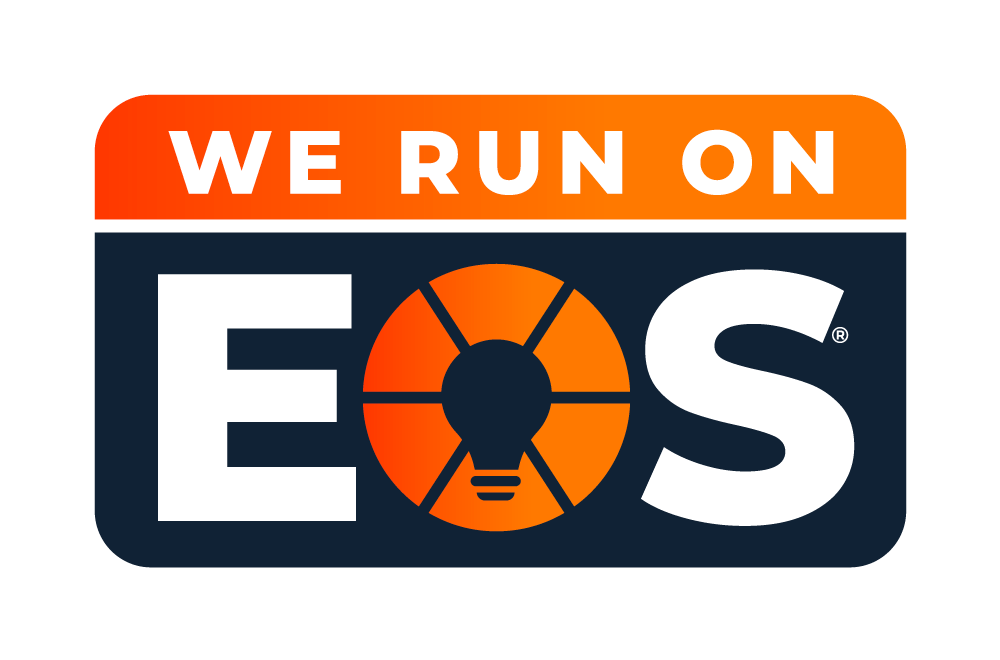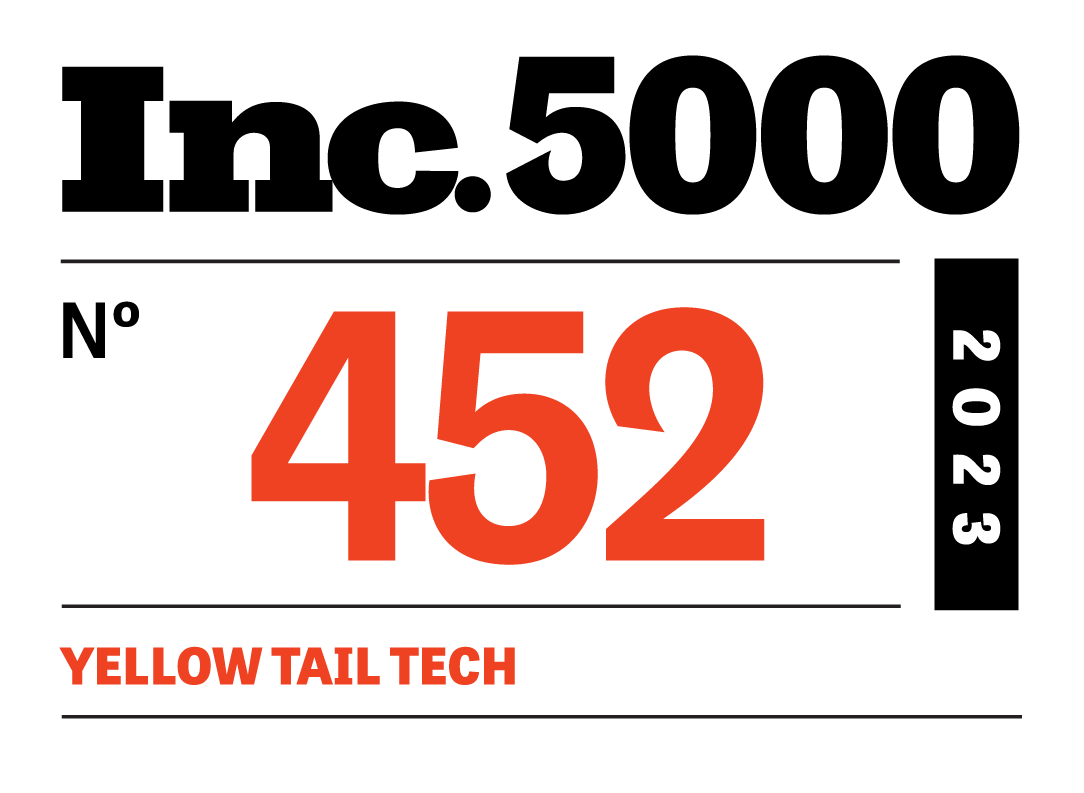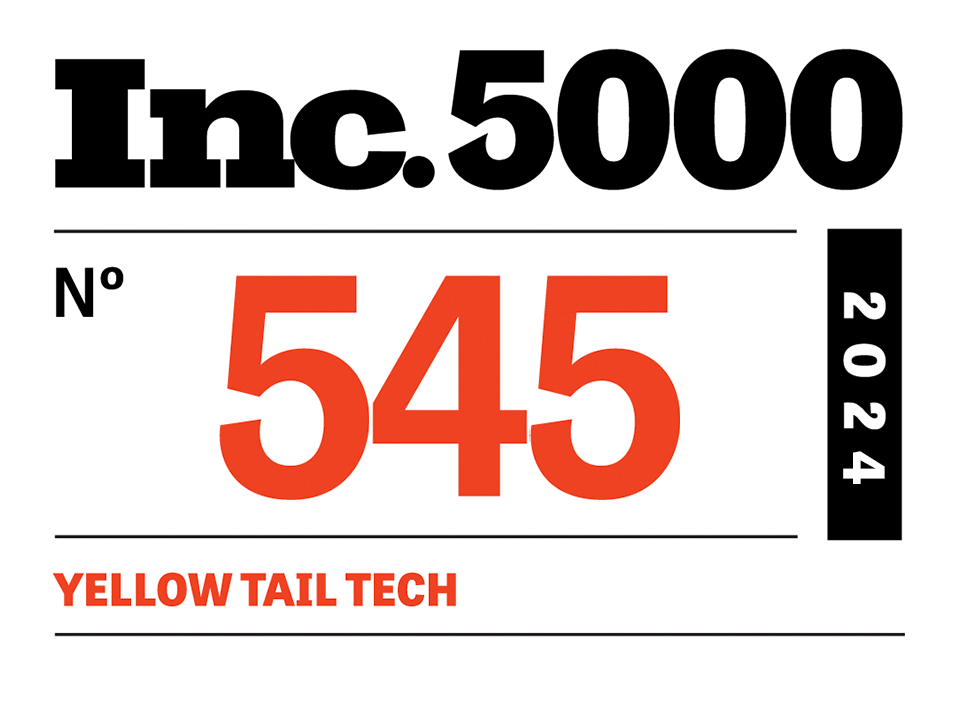There’s always a direct correlation between how prepared you are and the offer you get.
Hello, my name is Jubee, co-founder at Yellow Tail Tech where we help people with no IT background get their first high-paying IT job. Today I want to talk about the adaptive interview process. Basically, I want to talk about the direct correlation between an offer and the preparedness you bring into the process.
Understanding the Non-Binary Nature of Interviews
A lot of people think the interview process is binary. It couldn’t be any further from the truth. People think that you either get the job or you don’t. It’s not that simple. There is such a thing as an adaptive interview process. In most places, they have multiple availability and multiple openings. Let’s say, for example, you’re going for a dev-ops engineer job, but there are multiple levels. There are typically a senior level, a mid-level, and a junior level.
How Your Performance Affects Your Job Level
What happens is, it depends on how the candidate performs. Let’s say you get into an interview. They usually start interviewing you at the highest level that they need, meaning a senior level. You might not be performing well at a senior level in the interview. That doesn’t mean you automatically get rejected. What they usually do, if they’re not convinced that you are at a senior level, they notch it down. Now they start interviewing you at a mid-level dev-ops engineer. If you still not performing at that level, they notch it down to a junior-level dev-ops engineer.
The Flexibility of the Interview Process in Large Organizations
What usually happens is even if they don’t have a position as a senior dev-ops engineer in their team, they might be able to transfer you to another team that needs a junior-level engineer or mid-level engineer. It’s not a binary process where either you did well or you don’t get the job at all.
Especially in bigger environments, there are multiple positions that they are trying to fill in general. You might not get a senior position. You might get a mid-level or junior position. It depends on what it is they are looking for. Another reason why the interview process is adaptive: You might think you were not that great in the interview, but it also has to do with how well the other interviewers were doing before you. You might feel that yeah, you bummed the interview or you didn’t do that great, but if everybody else did worse than you, you will still get an offer. But of course, like I said, if you did, yes, it’s going to be a binary process. You’re not going to get the job. You’re not even going to get a call. That’s also one thing you have to keep in mind. It really has to do with where your expertise fall and how you are compared to other people who are interviewing for the same position.
To wrap up, what I’m trying to say is there’s always a direct correlation between how prepared you are and the offer you get. That’s why you never know exactly what salary you’re going to be offered if you get the job, because you don’t know yet at what level you perform if you perform at a senior, mid-level, or junior level.
By the way, check us out at yellowtail.tech to see what we’re about. Look around. If it looks like a good fit, book a 10-minute intro call with our team, and let’s talk about it. And if you got value out of this, like, share, subscribe, and stay tuned for other videos like this one.
Author: Jubee Vilceus | Category: Vlogs









